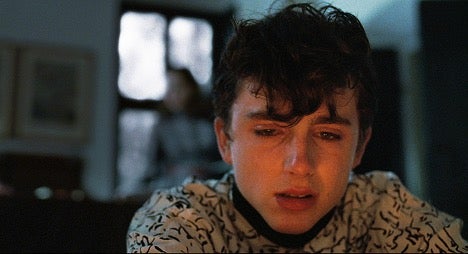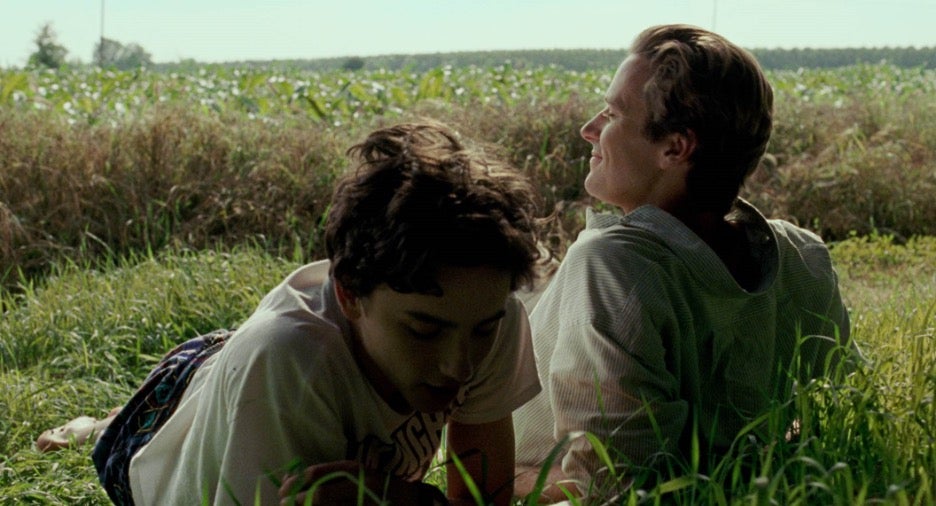The book Call Me By Your Name and its movie adaptation which stars Timothée Chalamet has gained a cult following over the years since its release. Set in Italy, the story is told from the perspective of Chalamet’s character Elio as he navigates his sexuality and first love with Oliver, his father’s research assistant. Both the book and film portray beautiful visuals with highly poetic quotes, many of which have stuck with fans of the story, myself included.
One quote, in particular, reflects a very real and tragic phenomenon of how many people experiencing heartbreak attempt to rid themselves of sadness by feeling nothing to move on faster.
“We rip out so much of ourselves to be cured of things faster than we should that we go bankrupt by the age of thirty and have less to offer each time we start with someone new. But to feel nothing so as not to feel anything—what a waste!” – Andre Aciman, Call Me By Your Name
I believe there is truth in this quote, and while facing emotions of extreme sadness and loss is never easy, to feel nothing at all neglects the beauty in what was. In a romantic context, people often desire to move on from a breakup as quickly as possible so they can move on to the next stage of their life while experiencing as little discomfort as possible. In relationships with strong feelings of love and connection, the other individual can influence or consume you as a person, making it very normal and even expected that you would grieve for the relationship when it comes to an end. When you try getting rid of these sad emotions before you are ready, it restricts the parts of yourself that are still grieving your love for this person. Forcing yourself to move on before you are instinctually ready can lead to various emotional barriers and defence mechanisms being put up in the relationships that follow. By the time you meet someone else, this wall meant to protect yourself instead limits the potential for a relationship and even a level of love you once experienced.
The vulnerability that comes with relationships and intimacy can be terrifying, especially to people who have had past experiences with heartbreak and loss, so it is easy to build up walls to prevent them from getting hurt again. One of the biggest problems with repressing these feelings of sadness is that it also represses the beautiful and happy feelings that cause the grief and sadness. People feel sad and lost after a heartbreak because they are missing something that was once beautiful and important to them.
I think there is beauty in feeling sadness and heartbreak because it means that you had something worth losing; something so special that to take it away takes a piece of you as well. Many people do not find the love portrayed in movies that is often searched for, and so to experience a connection resembling this, even for a short period of time, is a privilege. It is a privilege to have had that love and to experience that kind of pain from loss because it means you had something beautiful. Grief and heartbreak both demonstrate the strength of love through the pain we feel because of its absence.
To feel nothing at all, as suggested in the original quote, is a waste. It is a waste of all the happy, incredible memories that you shared, which should be cherished rather than forgotten. I think feelings of deep sadness after a heartbreak can exist simultaneously with the gratefulness and appreciation of the feelings that resulted in such sadness. Rather than ripping ourselves to be cured of things faster, it is always better to sit with the sadness through its natural progression because it means there were amazing times that came as well.





